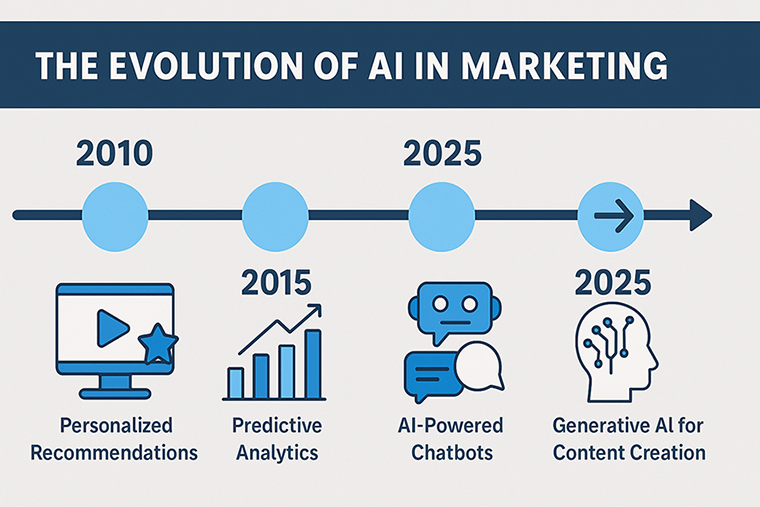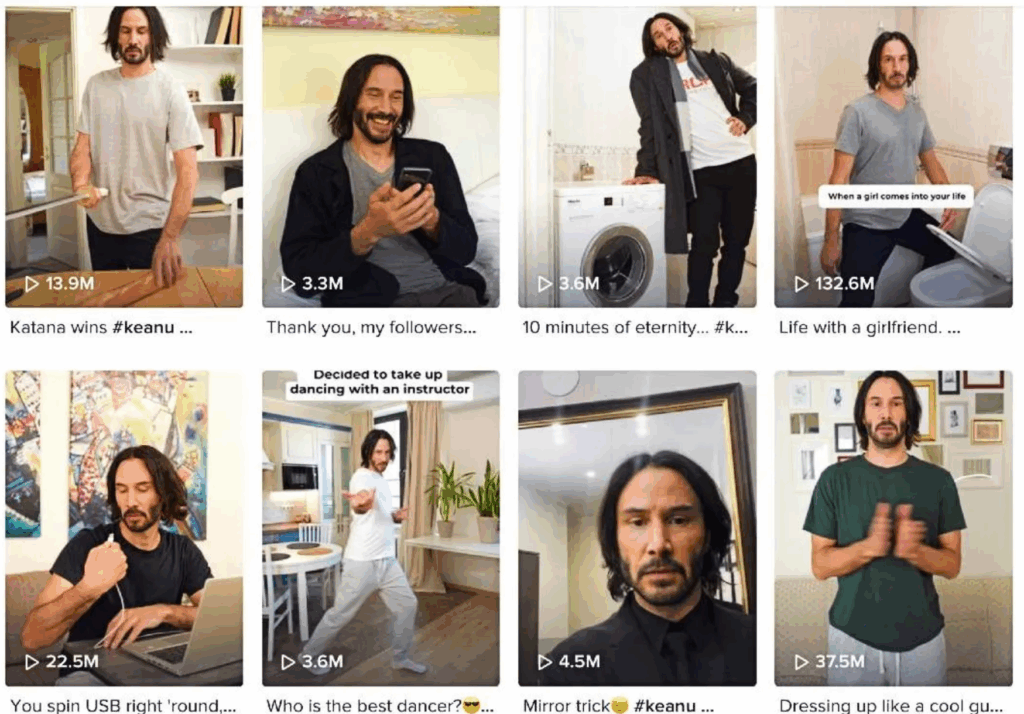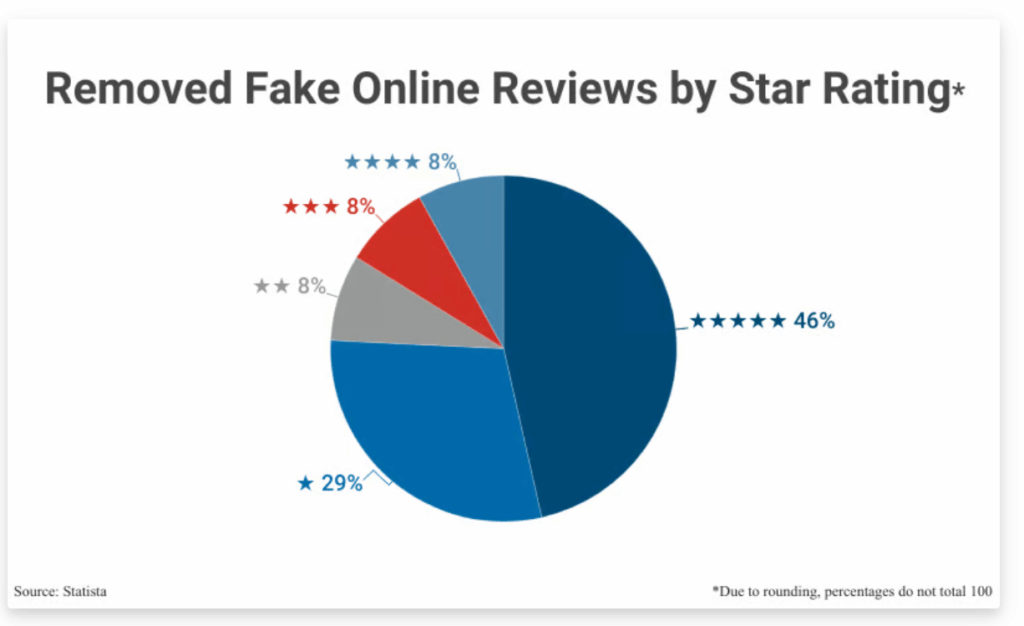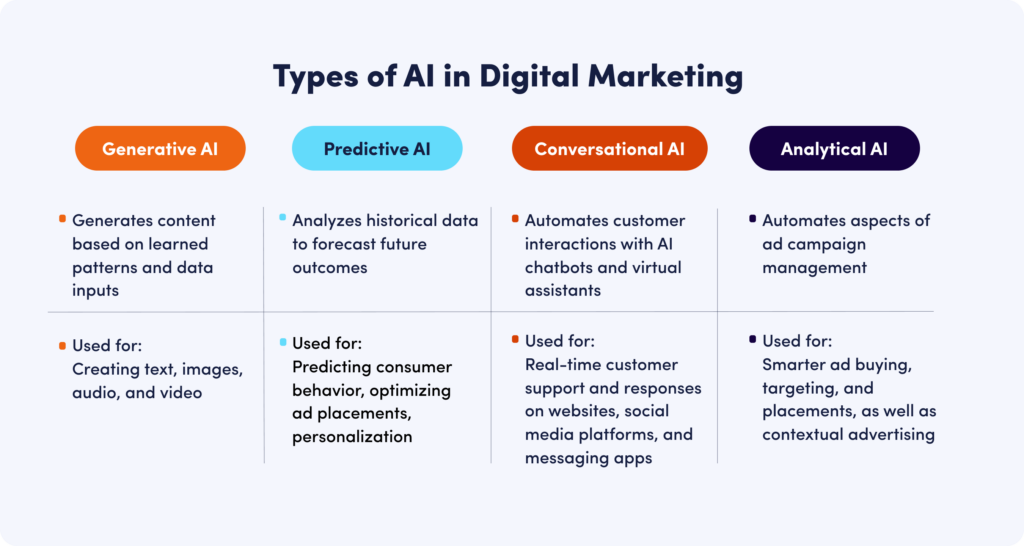By Nicole Jacob, Communications Professional & Founder of Theon Media
Why AI Matters in Marketing
Artificial Intelligence (AI) is revolutionizing digital marketing by enhancing personalization, optimizing customer engagement, and enabling data-driven decision-making. From chatbots to predictive analytics or automating content creation to predicting consumer behavior, AI allows marketers to work faster, target more effectively, and personalize messaging at scale (WordStream, n.d.). AI-driven tools streamline marketing operations and offer new insights into consumer behavior. However, this shift also introduces new ethical challenges.
As a communications professional, I will examine how these evolving technologies redefine the boundaries of brand identity, strategy, and audience connection as well as how these tools can drive creativity and engagement while raising important questions about transparency, credibility, and audience trust (BuzzFeed, n.d.).
The Evolution of AI in Marketing
AI in marketing began with basic automation tools designed for repetitive tasks such as scheduling and customer segmentation. By the 2010s, machine learning enabled marketers to analyze behavioral data and optimize campaigns more strategically. Today, AI systems like IBM Watson, Salesforce Einstein, and HubSpot’s Breeze platform can generate marketing copy, brainstorm content, and interact with customers in real time (Fast Company, 2023). But let’s not stop there, AI can integrate all your marketing, sales, and service data to create highly personalized experiences (O’Neill, 2024).

As IBM AI Academy explains, “Generative AI tools are transforming marketing by enabling teams to analyze large volumes of customer data in real time, personalize messaging, and automate routine content creation tasks” (IBM AI Academy, n.d.).
Case in point: I do use AI every day, for marketing, college and even for work as an educator. It’s my go-to tutor on everything. You see, I use it every day, but not for what you think I might think. In school it quickly helps with writing curriculum, lessons, presentations, emails, letters, and quizzes. I can go on. But it does require me to know my work to make it correct, to make it stay on point with what I am looking for. When it is wrong or it goes too far off on a thought process; you need to tell it that it is wrong. Why? Because it is a learning system. It learns from what you put in it.
Now for college, with a comprehension problem and eye-tracking and teaming problems, reading is horrific for me. Small bites work best. AI condenses the information I need to write and rewrites it into bullet points for me. These smaller sentences I can digest easier when I still don’t understand something. Remember, AI has already read the chapter. I can drill down on anything I want to until I fully understand what I have to write about. Now that’s transparent but still written by me. Essentially it is a tutor for me.
One more thing, let’s get down to my business. It runs my books for me. It runs several websites, keeping them up to date all the time. It lets me know when a site is down, up or has been hacked by some guy in Russia. It’s always Russia. I hope you can see how AI is used in everyday facets. Let’s move back into our business of marketing and see just how AI has impacted Marketing.
AI’s Impact on Brand Strategy
- Predictive Analytics: Forecast consumer behavior and trends.
- Personalized Content: Deliver tailored messaging using AI-powered content assistants like HubSpot.
- Automation: Streamline tasks like A/B testing, email marketing, and social scheduling.
By implementing AI tools responsibly, brands can elevate user experiences while maintaining trust and authenticity.
AI, Advertising, and Ethics: Misleading Tactics
While AI improves personalization and automation, it also raises serious ethical questions about misleading advertising practices. Native advertising often blurs the line between content and marketing. As Tate (2019) notes, failing to disclose paid promotions erodes consumer trust.
Influencers are a common example of this issue. They post seemingly personal content that is often sponsored, without clear labeling. Research supports this concern:
“When brand placement and content quality are high, people are more likely to trust the advertisement, even if they do not know it is an advertisement” (Kim et al., 2020).
AI-Generated Fake Content – TikTok’s Unreal Keanu Reeves
Even a deepfake parody account has fans! TikTok’s Unreal Keanu Reeves has around 9m followers and its likeness to the real Keanu Reeves is a bit unsettling. The John Wick doppelganger invites us into his home where he dances, cracks jokes, makes references to his famous movie roles and shares his dating tricks. “This dude looks more like Keanu than Keanu does now,” one user joked.
AI can be misused to create fake reviews, fake news, chatbot interactions, or deepfake videos. Tate (2019) warns that even experts struggle to detect high-quality AI-generated fakes (p. 118). For instance, a brand might deploy AI to create false testimonials, which can mislead consumers and lead to significant backlash when uncovered. The key is to know when to use it and when not.

Fake testimonials in the numbers
According to Strong Testimonials (n.d.), fake testimonials can mislead customers and damage brand credibility. Case studies reveal that almost 40% of all online reviews are fake. And you see them anywhere, whether they are Amazon reviews, on social media, Google, and so on. Another interesting fact is that most of these fake reviews on Amazon and the like are for popular item categories. Capital One Shopping (2024) reports that a significant percentage of consumers encounter fake reviews, affecting their trust in online platforms. For instance, over 60% of all Amazon reviews of electronics are fake. Numbers are also high for beauty products, supplements, and sneakers.

Curating Content Ethically
All multimedia elements are sourced under fair use, Creative Commons, or public domain licenses. I have attributed each resource and followed APA-style citations for direct quotes and referenced material, ensuring ethical and professional content curation.

Want to see how brands are already using AI tools?
BuzzFeed for Advertisers uses AI to match branded content with user interest data. Their content personalization engine shows how predictive targeting is becoming standard practice.
Also see: The Complete Guide to Advertising on Instagram – Learn how AI tools are used behind the scenes to optimize ad placements based on user behavior.
About the Author
I am Nicole Jacob, a communications professional specializing in digital branding and ethical AI integration in marketing. As the founder of Theon Media, I help businesses create powerful online identities using cutting-edge digital tools. I specialize in helping people and brands tell meaningful stories using emerging technologies.
References (APA Style)
- IBM AI Academy. (n.d.). Putting AI to work for marketing [Video]. IBM. https://www.ibm.com/think/videos/ai-academy/generative-ai-for-marketing
- Kim, K., Pasadeos, Y., & Barban, A. (2020). Editorial content in native advertising: How do brand placement and content quality affect native advertising effectiveness? Shapiro Library. https://libguides.snhu.edu
- O’Neill, A. (2024, April 25). Meet Breeze: The future of go-to-market. HubSpot. https://blog.hubspot.com/marketing/breeze-future-of-gtm
- Tate, M. A. (2019). Web wisdom: How to evaluate and create information quality on the web (3rd ed.). CRC Press.
- WordStream. (n.d.). The ultimate guide to Instagram advertising. https://www.wordstream.com/blog/ws/instagram-advertising
- Fast Company. (2023, March 7). Salesforce’s Einstein GPT may be the most meaningful application of AI chatbots yet. https://www.fastcompany.com/90860088/salesforce-einstein-gpt-openai-ai-chatbot-marketing
- Strong Testimonials. (n.d.). Fake testimonials: How to spot and avoid them. Strong Testimonials. https://strongtestimonials.com/fake-testimonials/
- BuzzFeed. (n.d.). BuzzFeed advertising. BuzzFeed. https://advertise.buzzfeed.com/
- Capital One Shopping. (2024, February 15). Fake review statistics: A deep dive into online trust. Capital One Shopping Research. https://capitaloneshopping.com/research/fake-review-statistics/

